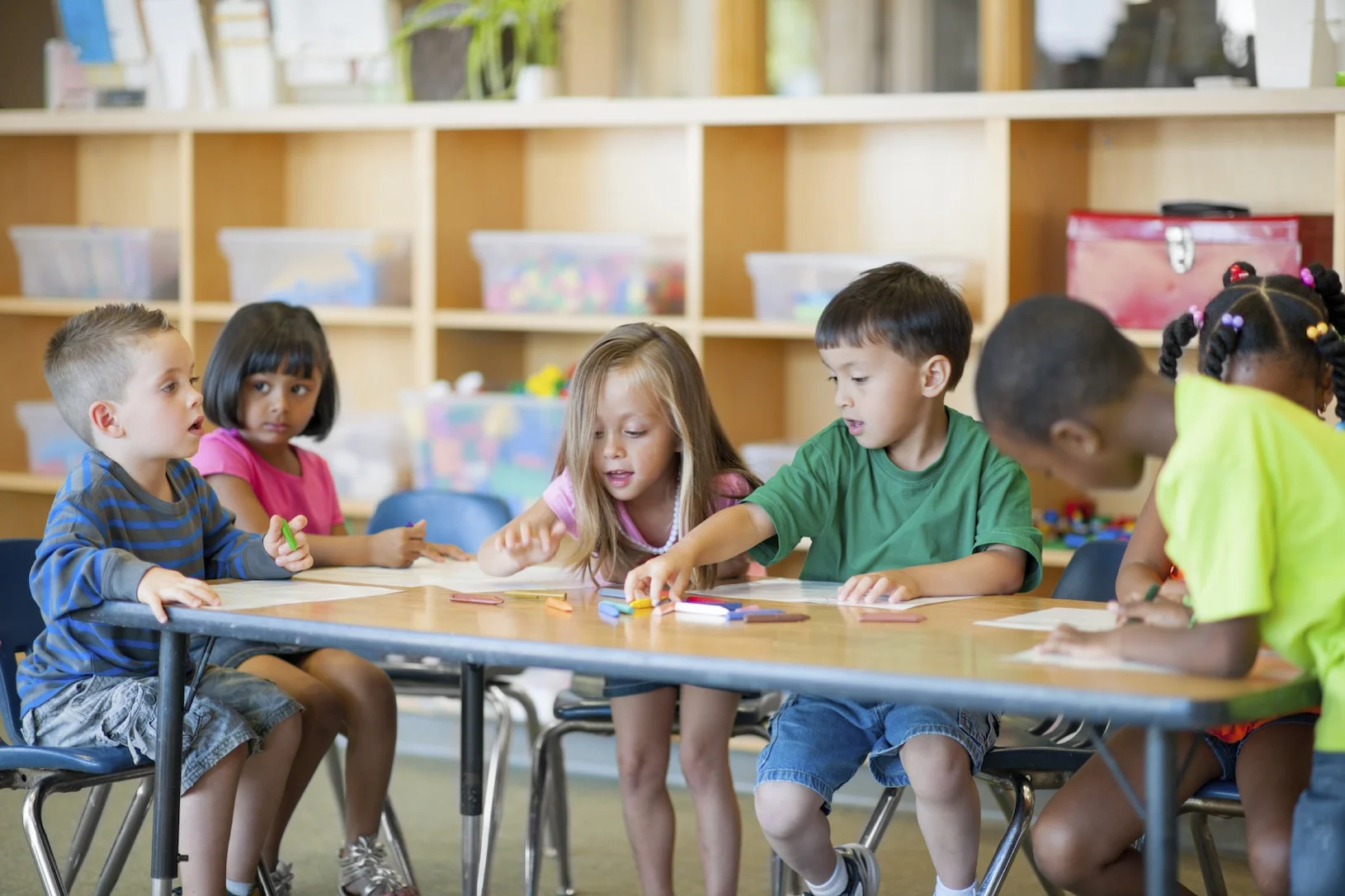We are currently living an age that I like to the call the “Mental Health Renaissance”. Everywhere you turn in popular media, there seems to be more and more discussion about mental health and mental illness. And as a therapist and a longtime recipient of therapy myself, I think it is a beautiful thing to see. The less taboo we can make the subject, the more people will reach out and get the help they need, and the research seems to be bearing that out!
Read MoreWelcome to part 4 of this blog series and thank you for following along! If you are just stumbling on this and have not already identified your Enneagram type, I strongly recommend going back and also reading about Type 1, Type 2, and Type 3. To recap, I will be explaining all 9 Enneagram types and sharing personality-specific self-care recommendations for each type. Many of these self-care ideas have been pulled from Christina S. Wilcox’s book, Take Care of Your Type.
Read MoreIt’s the year 2021… we all have screens everywhere. We have our phones, Ipad, TV, and computers. It can be a struggle to get off of them with the bright lights, access to our contacts, social media, etc. Imagine how difficult it would be as a child to have to turn off that type of powerful stimulation. I have these conversations with parents all the time… how do I limit my child’s screen time? Why does it seem my child is addicted to video games? Why does my child become so angry when it’s time to get off the electronics? What is the right amount of screen time? These are all wonderful questions, and there is not one right answer to these questions.
Read MoreI was sitting on the couch with my husband, eating my favorite chips from childhood, and watching a movie from the 80’s, when I asked, “Do you think our kids are regressing during all of this?” I knew the answer. In some ways the regressions were positive: more imaginary play, time away from structured activities lead to more free play, and more independence.
Read MoreWho grew up watching Cheers?!? The theme song was perfect. At its core, it was about yearning to heal and connect through spending time with familiar faces. That’s what makes this pandemic more difficult. We need to connect. We need to have our familiar comforts, but we likely feel limited with what’s available.
Read MoreNo doubt, we are all experiencing various levels of unease during this time of uncertainty. Many of our fears and worries are grounded in gravity of the health concerns rippling across the globe. Honestly, it’s a scary time for all of us. If you happen to be someone who already struggles with mental health issues, this worldwide experience could have an overwhelming impact.
Read MoreClients sometimes come into counseling seeking purpose and direction. More often than that, they come in suffering from depression and/or poor self-image, and may discover that the root of these issues is that they don’t have a strong sense of purpose or direction in their lives.
Read MoreLast summer while living in Switzerland I embarked on a Peace Pilgrimage. I was inspired by the work of Dr. Roy Tamashiro, and the concept of collective healing through bearing witness to suffering.
Read MoreThrough the elementary years, children gain insight on how to better control their emotions, behavior, and attention. Children gain the ability to cope with impulses and delayed gratification. Children begun to think about thought processes, emotion, and develop critical thinking skills.
Read More








